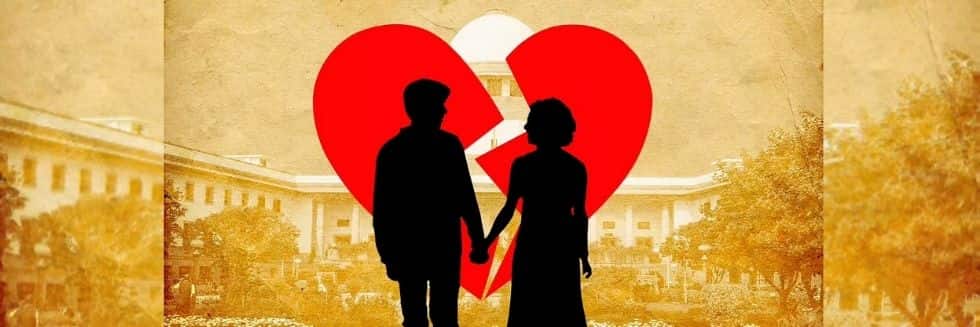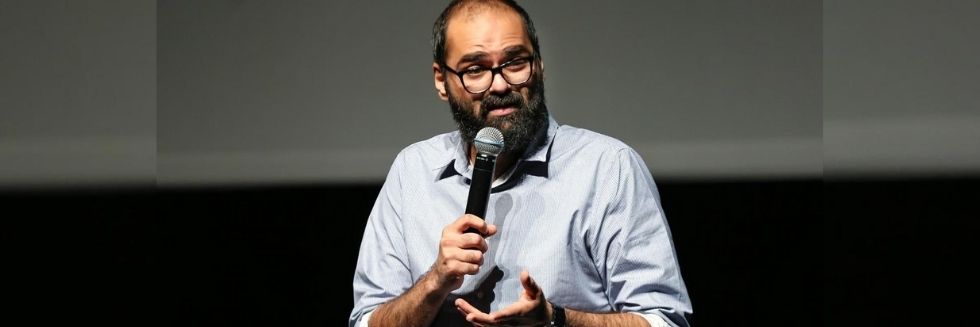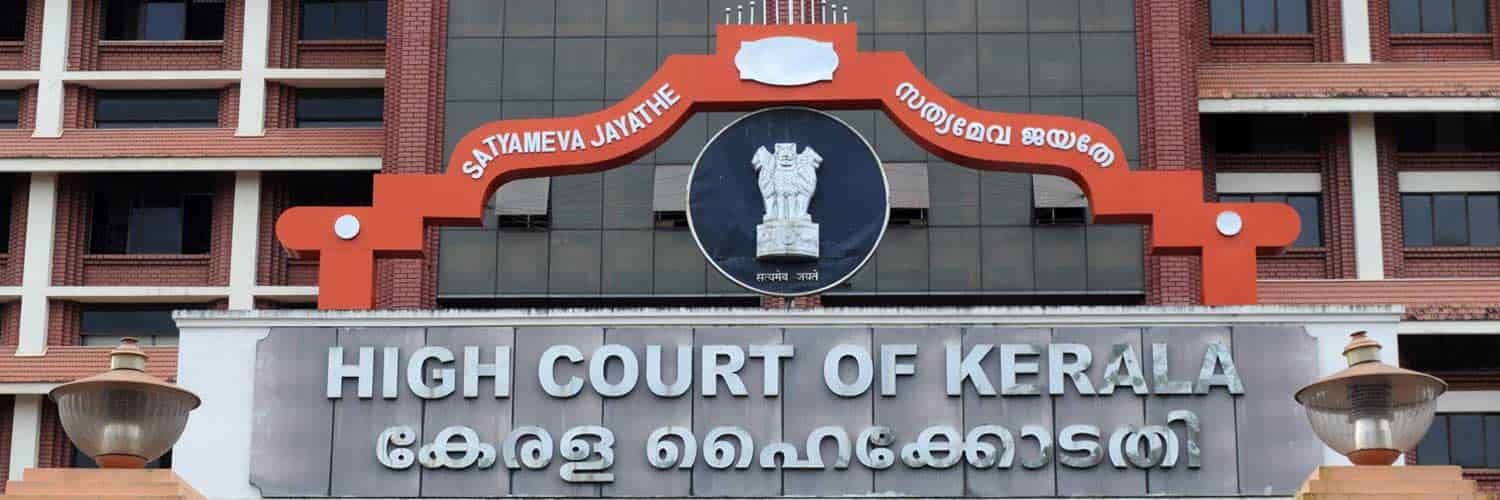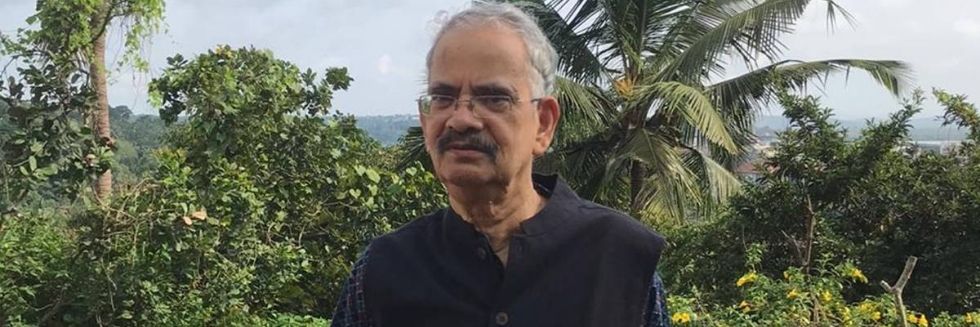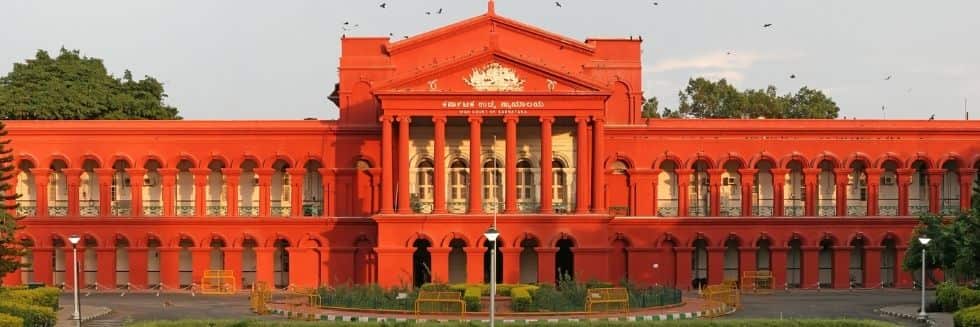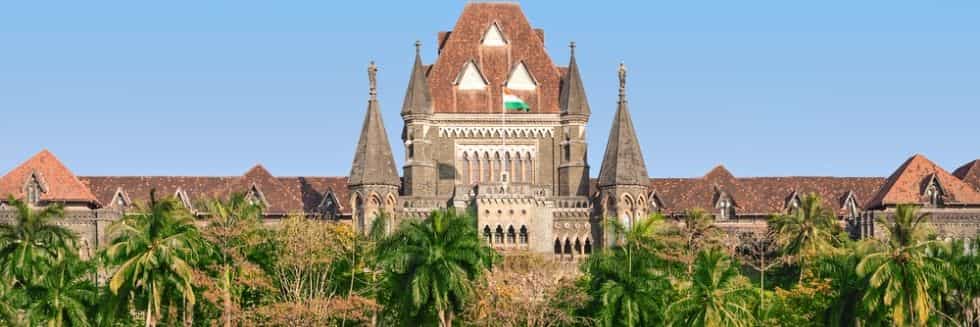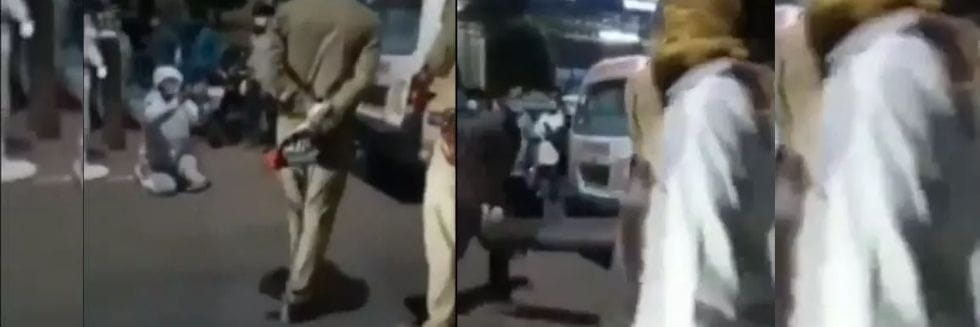On Monday, the Supreme Court has issued notices on the petitions challenging the laws promulgated by the Uttar Pradesh and Uttarakhand states in the name of ‘love jihad’ against religious conversions for the sake of marriages.
The bench comprising of Chief Justice SA Bobde, Justices V Ramasubramanian, and AS Bopanna heard the petitions filed by Vishal Thakre and others and social activist Teesta Setalvad’s NGO ‘Citizens for Justice and Peace’. The petitions challenged the constitutional validity of the Uttar Pradesh Prohibition of Unlawful Religious Conversion Ordinance, 2020 and the Uttarakhand Freedom of Religion Act, 2018 which regulates religious conversions of inter-faith marriages. Subsequently, the bench agreed to examine the controversial new laws of Uttar Pradesh and Uttarakhand that had regulated religious conversions due to inter-faith marriages.
Senior Advocate Chander Uday Singh, appearing for the CJP, sought a stay on the provisions of the law which mandate that prior permission should be obtained for religious conversions for marriage. He further submitted that the provisions are ‘oppressive’ and that ‘prior permissions to marry is absolutely obnoxious’ while citing that police have picked up many innocent persons on the basis of UP Ordinance alleging ‘Love Jihad’.
The plea by ‘Citizen for Justice and Peace’ said that both the legislations violate Articles 21 and 25, as it empowers the State to suppress an individual’s personal liberty and the freedom to practice the religion of one’s choice.
It mandates that a series of complicated procedures to be followed before and after conversion, taking the State into confidence to ensure that the act was an informed and voluntary decision by the individual, the plea said.
The top court, however, refused to stay the controversial provisions of the laws and issued notices to both state governments on both the petitions.
“The challenge is already pending in High Courts. Why don’t you go there? We are not saying you have a bad case. But you must approach the High Courts in the first instance instead of coming to SC directly,” asserted CJI Bobde.
The States were asked to file their replies within 4 weeks.
